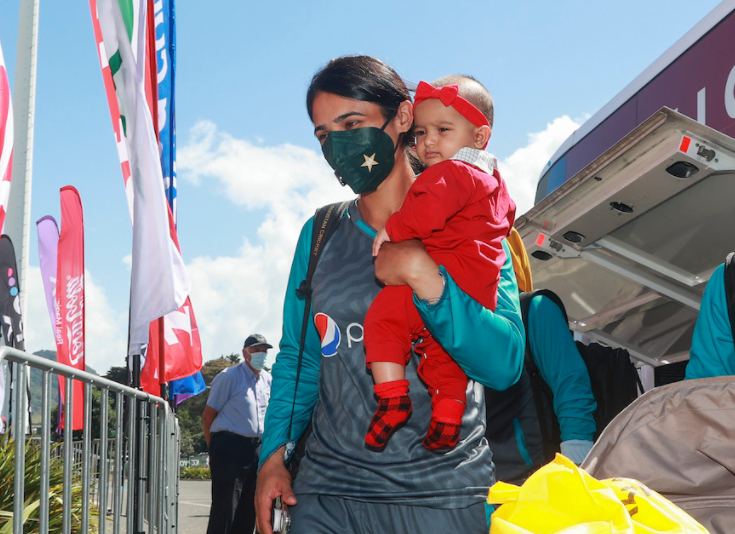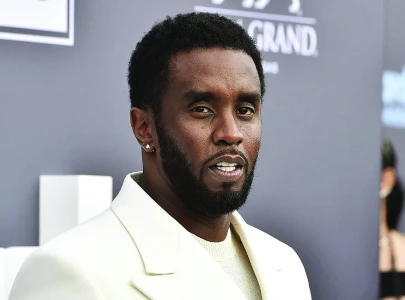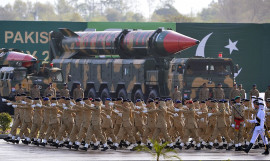
“The photos of [Pakistani cricketer] Bismah Maroof and her child with the Indian women’s cricket team members have caught a lot of attention. Sport has the power to unite, clearly. But the question we need to also ask is whether women athletes are supported by federations or governments when they choose to be a mother in the middle of a career?” the newly-appointed Chief Executive Officer for the first-ever Global Observatory (GO) for Women, Sport, Physical Education and Physical Activity Dr Payoshni Mitra reflected, as we conversed about her role in a unique position that will be affecting the future of the sports.
The GO is a direct result of the Kazan Action Plan adopted in 2017 by the International Conference of Ministers and Senior Officials Responsible for Physical Education and Sport (MINEPS) of UNESCO.
While her appointment was confirmed on January 27, Payoshni, a former athlete herself understands the challenges that women face when it comes to sports.
“Providing safe space, ensuring funding, salary, sponsorships as well as support to women athletes during and after pregnancy are issues we need to pay attention to,” she urges as we talked about the 2022 International Women’s Day.
The first steps are to bring attention to the existing problems and recognise the loopholes in the systems quantitatively and qualitatively through consolidated data, even though the inequalities towards the development for women are very real but there is a need for more investment in the subject of women and sports.
The GO will be working as an “incubating association” according to the UNESCO website.
Here are the insights by the first woman to hold the position as the CEO of the GO.
ET: What is your vision for the GO and what does it mean for you as a former athlete yourself?
Payoshni: Sport has been mostly governed by men, be it at the international or at the national level. International sport governance has also been extremely Eurocentric. The GO will be conscious of this unequal history and will attempt to help make sporting culture more gender-equal, just and inclusive.
The GO will also try to use sport as a tool to promote gender equality in the larger society.
ET: This is a first of its kind project. How do you think it can help athletes in South Asia? Will the women athletes and sports community in countries like Pakistan be able to benefit from the research work in the future?
Payoshni: The GO will aim to find the knowledge gaps in sport research and data and initiate further research accordingly.
We’re aware that data-collection on girls and women’s participation, leadership, media representation, gender discriminations or other barriers have not taken place as extensively in South Asian countries as in many parts of the Global North.
Since the GO was initiated at the MINEPS, we plan to engage with national governments across the world in order to ensure that national sport ministries pay equal attention to including girls and women in sports.
Pakistan is one of the rarest examples where a great sportsperson is leading the country. We hope that Prime Minister Imran Khan’s leadership will be crucial in making sport more gender-equal in Pakistan. GO looks forward to it.
ET: Please share the challenges that you faced while doing your job as a researcher and athletes’ rights activist?
Payoshni: Often governments and federations take initiative to make sports accessible to girls and women, allocate funds but these initiatives are often short term and lack a long term goal. Real change can only happen when there is genuine will among the leaders to change things for the better for girls and women.
ET: What do you think are the most important issues concerning women and sport today?
Payoshni: The International Olympic Committee has recently published their Gender Equality report. The key issues are participation of girls and women in sports, gender equality in sports leadership, portrayal of girls and women athletes in the media, safeguarding issues in sports and equal resource allocation for all. These are all very important issues and the GO will try to look into knowledge gaps concerning all these thematic areas.
But as a former athlete who experienced abuse, I am particular keen to ensuring that girls and women, who join sport experience it positively, feel safe in sport and do not face gender discrimination or abuse.
ET: It is absolutely groundbreaking to have a South Asian woman leading this important project. What is your message for the women athletes, coaches and trainers, and academics working in the field?
Payoshni: If we have genuine will, we will find a way. One thing that helped in my case was perseverance. If we keep persisting, we will get where no one else before us have reached.







1732263788-0/BeFunk_§_]__-(30)1732263788-0.jpg)

1732263105-0/Express-Tribune-(5)1732263105-0-270x192.webp)











COMMENTS
Comments are moderated and generally will be posted if they are on-topic and not abusive.
For more information, please see our Comments FAQ